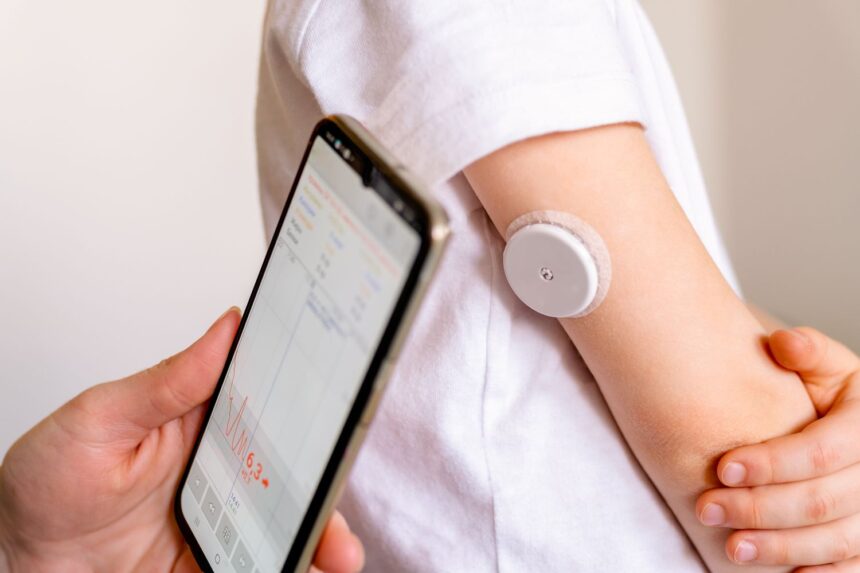Managing a condition like diabetes involves staying informed about new developments. Science and technology are continuously evolving, leading to new approaches in diabetes care. These advancements aim to simplify daily management and improve the quality of life for those living with the condition. Exploring these new options can provide a clearer picture of the tools available today.
What Are the Latest Diabetes Treatments?
Recent pharmaceutical research has introduced new classes of medications for managing diabetes. These treatments work in different ways to help regulate blood sugar levels. They offer alternatives to traditional therapies and can be used alone or in combination with other medications.
Here are some of the newer types of treatments:
- SGLT2 inhibitors: This class of medication works by causing the kidneys to remove sugar from the body through the urine. They help lower blood glucose levels and may also have benefits for heart and kidney health.
- GLP-1 receptor agonists: These are injectable or oral medications that mimic a hormone called GLP-1. They stimulate the body to release its own insulin when blood sugar is high, slow down digestion, and can help reduce appetite.
- DPP-4 inhibitors: These oral medications help the body increase the amount of insulin it produces after meals. They work by blocking an enzyme that deactivates hormones responsible for insulin production.
These medications represent a shift in how diabetes can be managed. They provide different mechanisms of action compared to older drugs. Understanding how they work can help you have more informed discussions with your healthcare provider about your personal treatment plan.
How Is Technology Changing Diabetes Care?
Technology has transformed many aspects of daily life, and diabetes management is no exception. New devices and digital tools are making it easier to track and manage blood glucose levels with greater precision. This may lead to a more comprehensive understanding of one’s own health patterns.
Digital health tools are becoming more integrated into daily routines:
- Continuous Glucose Monitors (CGMs): A CGM is a small wearable device that tracks glucose levels automatically throughout the day and night. It uses a tiny sensor placed under the skin to provide real-time readings and trend data, which can be viewed on a smart device or receiver.
- Smart Insulin Pens: These pens connect to a smartphone app to help track insulin doses. They can record the time, amount, and type of insulin injected, which helps prevent missed or double doses.
- Artificial Pancreas Systems: Also known as hybrid closed-loop systems, these advanced setups connect a CGM with an insulin pump. The system automatically adjusts insulin delivery based on CGM readings, helping to keep glucose levels in a target range.
These technological advancements offer a more connected and data-driven approach to diabetes care. They help reduce some of the manual work involved in tracking and can provide valuable insights for you and your care team.
Are There Advances in Insulin Delivery?
Insulin delivery methods have seen significant progress beyond traditional syringes and vials. For individuals who use insulin, newer options may offer more flexibility and convenience. These systems are designed to fit more seamlessly into different lifestyles while providing reliable insulin administration.
One major development is the insulin pump. An insulin pump is a small, computerized device that delivers insulin continuously throughout the day. The user can also program it to deliver extra insulin at mealtimes. This may reduce the need for multiple daily injections. Another innovation is the development of inhaled insulin, a rapid-acting insulin that is breathed in through an inhaler before meals.
Consult a Specialist
A healthcare professional who specializes in diabetes, such as an endocrinologist, can offer personalized guidance. They can help you understand which treatments and technologies may be right for your specific needs. Discussing your health goals and lifestyle with a specialist is a proactive step toward creating an effective management plan tailored to your needs.





